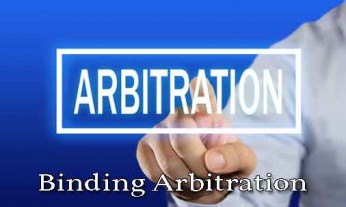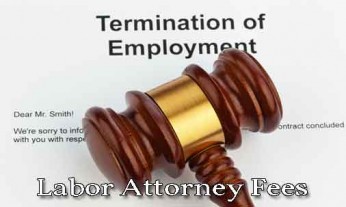 On July 13, Governor Jerry Brown signed into law amendments to California’s sick leave law; the Healthy Workplaces, Healthy Families Act of 2014. The law (also known as Assembly Bill 1522) greatly increased the number of workers in California who are eligible for paid sick leave. The amendments make substantial changes to the law – many of which are favorable to California employers.
On July 13, Governor Jerry Brown signed into law amendments to California’s sick leave law; the Healthy Workplaces, Healthy Families Act of 2014. The law (also known as Assembly Bill 1522) greatly increased the number of workers in California who are eligible for paid sick leave. The amendments make substantial changes to the law – many of which are favorable to California employers.
The amendments (which are contained in Assembly Bill No. 304) include the following changes to the Healthy Workplaces, Healthy Families Act:
- They add an important stipulation to a provision in the original law. The provision stated that employees who work in California for 30 or more days within a year of beginning their employment are entitled to paid sick days (at a rate of at least one hour for every 30 hours worked). The new amendments require that an employee do that work for the same employer in order to qualify for the accrued sick leave.
- They allow an employer to provide for employee sick leave accrual on a basis other than one hour for each 30 hours worked – provided that the accrual is on a regular basis, and the employee will have 24 hours of accrued sick leave available by the 120th calendar day of employment.
- They allow an employer to limit an employee’s use of paid sick days to 24 hours or three days in each year of employment, or a calendar year, or a 12-month period.
- They require employers to calculate paid sick leave based on an employee’s regular pay rate, or by the total wages divided by the total hours worked in a 90-day period, or the wages for other forms of paid leave.
- They state that if an employee is rehired within one year of the end of their employment, then the employer is not required to reinstate the employee’s accrued paid time off, if the employee was paid off for their time when their employment ended.
- They make a clarification regarding the original law’s rule that an employer is required under the original law to keep records for three years documenting an employee’s hours worked and paid sick days accrued. The amendments clarify that the employer is not obligated to inquire into (or record) the purposes for which an employee uses sick leave or paid time off.
- They allow some employers who provided paid sick leave or paid time off to employers prior to January 1, 2015 to keep their old policies, so long as they make available an amount of leave applicable to employees that may be used for the same purposes and under the same conditions as specified in this section.
Can This Affect Your Business?
If you have concerns about what these amendments mean for your company’s policies, or you are considering making a change to your policies based on the passage of the amendments, it is highly advisable that you speak to an attorney. The employment and labor law attorneys at Beck Law P.C. in Santa Rosa are available for consultation. You can call or email their office today.


